In an era where our homes can predict our needs and adjust our environments automatically, why shouldn’t our financial lives be just as seamless? With the BTC/USDT trading pair dominating crypto markets, the integration of cryptocurrency into daily life isn’t just a futuristic concept anymore—it’s becoming a reality for tech-savvy individuals who are ready to embrace the future of finance. Let’s explore how you can merge your smart home ecosystem with your crypto wallet for a truly modern lifestyle.
The Foundation: Setting Up Your Digital Infrastructure
Before diving into advanced integrations, it’s crucial to establish a solid foundation. Start by selecting a reliable cryptocurrency wallet that offers both security and convenience. Hardware wallets like Ledger or Trezor provide excellent protection, while mobile wallets such as MetaMask or Trust Wallet offer easier daily access. The key is finding the right balance between security and accessibility for your lifestyle.
Consider setting up multiple wallets: a “savings” wallet for long-term holdings and a “spending” wallet for daily transactions. This approach mirrors traditional banking practices while leveraging the advantages of blockchain technology.
Getting Started: Your First Steps
If you’re ready to begin integrating crypto into your smart home, start with these steps:
- Assess your current smart home setup and identify potential integration points
- Choose compatible cryptocurrency wallets and platforms
- Start with small automated tasks before scaling up
- Keep detailed records for tax purposes
Stay informed about new developments in both smart home and cryptocurrency technologies
Morning Routine: Automated Crypto Payments
Imagine waking up to a home that not only adjusts your room temperature but also manages your routine payments. Many smart home devices now integrate with cryptocurrency payment systems. Here’s how to make it work:
- Set up automatic bill payments using stablecoins
- Configure your innovative coffee machine to order supplies when running low, with payments processed in crypto
- Enable automatic DCA (Dollar-Cost Averaging) investments into your chosen cryptocurrencies
The beauty of this system lies in its automation—once set up, you can focus on your morning routine while your finances work in the background.
Smart Shopping: Crypto in Your Kitchen
Your kitchen can become a hub of crypto-powered efficiency. Smart refrigerators with built-in tablets can now integrate with cryptocurrency wallets, allowing you to:
- Order groceries directly through apps that accept crypto payments
- Track your food spending in real-time
- Earn crypto rewards on your purchases
- Participate in blockchain-based supply chain tracking for food safety

Several major retailers are already accepting cryptocurrency payments, making it increasingly practical to use digital assets for daily shopping needs.
Entertainment and Utilities: Streaming Services and Gaming
The entertainment sector has embraced cryptocurrency payments, offering new ways to enjoy content:
- Pay for streaming services using crypto
- Purchase in-game items with digital assets
- Earn tokens while gaming through play-to-earn models
- Support content creators directly with cryptocurrency tips
Many smart TVs now include cryptocurrency wallets in their app ecosystems, making it easier than ever to manage your entertainment expenses using digital assets.
Home Office: The Crypto Workspace
For those working from home, integrating cryptocurrency into your home office setup can streamline your professional life:
- Accept client payments in cryptocurrency
- Set up automated invoicing systems that handle crypto transactions
- Use intelligent contracts for freelance agreements
- Track business expenses in real-time using blockchain technology
The transparency and efficiency of blockchain technology can significantly simplify business operations for home-based professionals.
Security Considerations
With greater integration comes the need for enhanced security. Consider implementing:
- Multi-factor authentication for all crypto-related applications
- Regular security audits of your smart home devices
- Backup solutions for your digital assets
- Insurance for your cryptocurrency holdings
Remember that your smart home’s security and your crypto security are now interconnected—protecting one means protecting both.
Energy Management and Mining
For the truly dedicated, consider turning your smart home into a small mining operation:
- Use solar panels to power mining equipment
- Implement intelligent power management systems to optimize mining times
- Monitor energy consumption and mining profitability in real-time
- Reinvest mining rewards into home improvements

Even small-scale mining can help offset your home’s energy costs while contributing to blockchain networks.
Looking to the Future
The integration of cryptocurrency into smart homes is still in its early stages, but the potential is enormous. Future developments might include:
- AI-powered financial advisors that manage your crypto portfolio
- IoT devices that automatically participate in decentralized finance (DeFi)
- Smart contracts that manage home maintenance services
- Neighborhood-wide blockchain networks for shared resources
Conclusion
The merger of smart home technology and cryptocurrency represents more than just a convenient way to manage money—it’s a fundamental shift in how we interact with our living spaces and our finances. By thoughtfully integrating these technologies, we can create homes that are not only comfortable and efficient but also financially sophisticated.
Remember that this integration should happen gradually and thoughtfully. Start with the basics and expand as you become more comfortable with both the technology and the cryptocurrency ecosystem. The future of home living is here, and it’s powered by blockchain technology.



